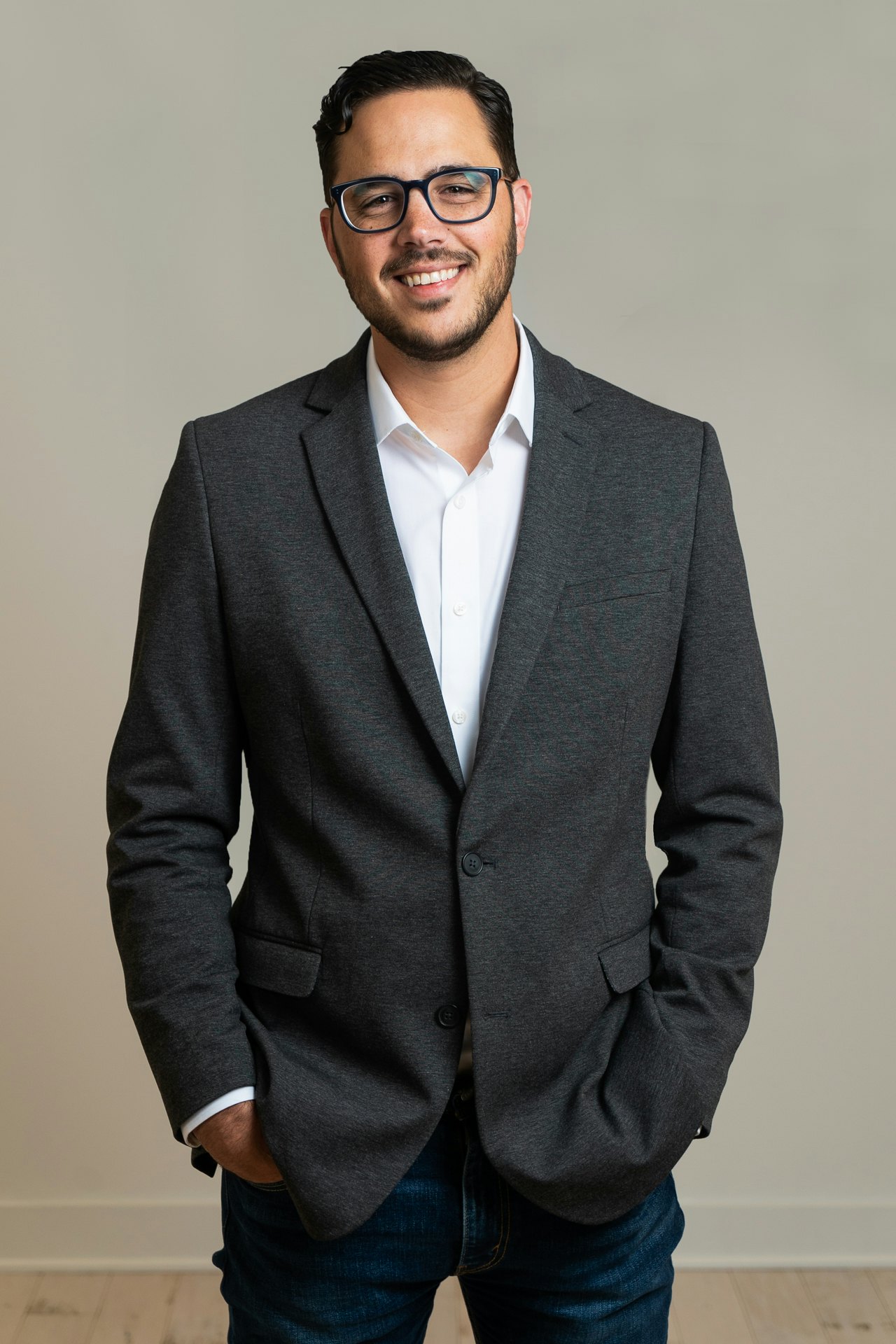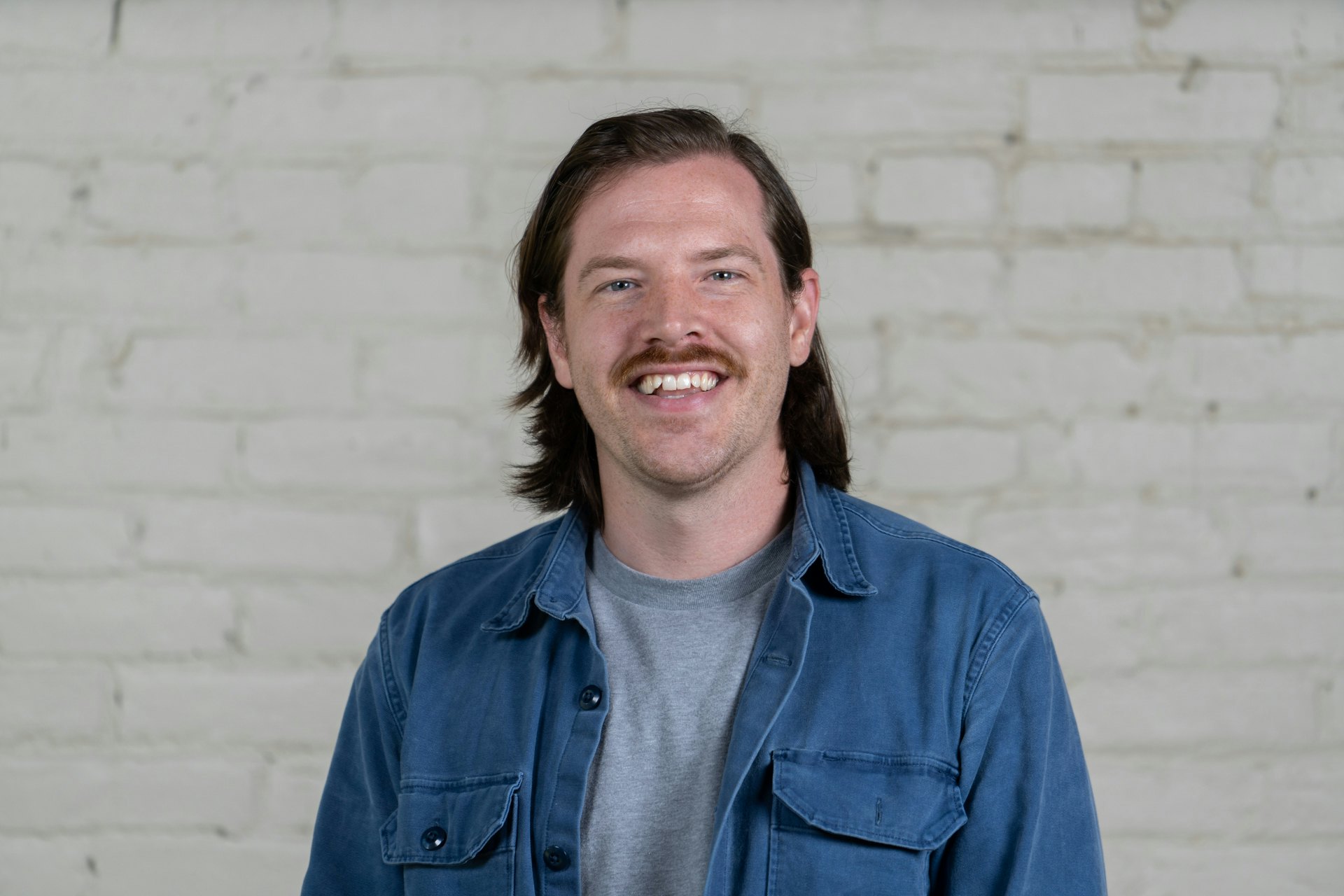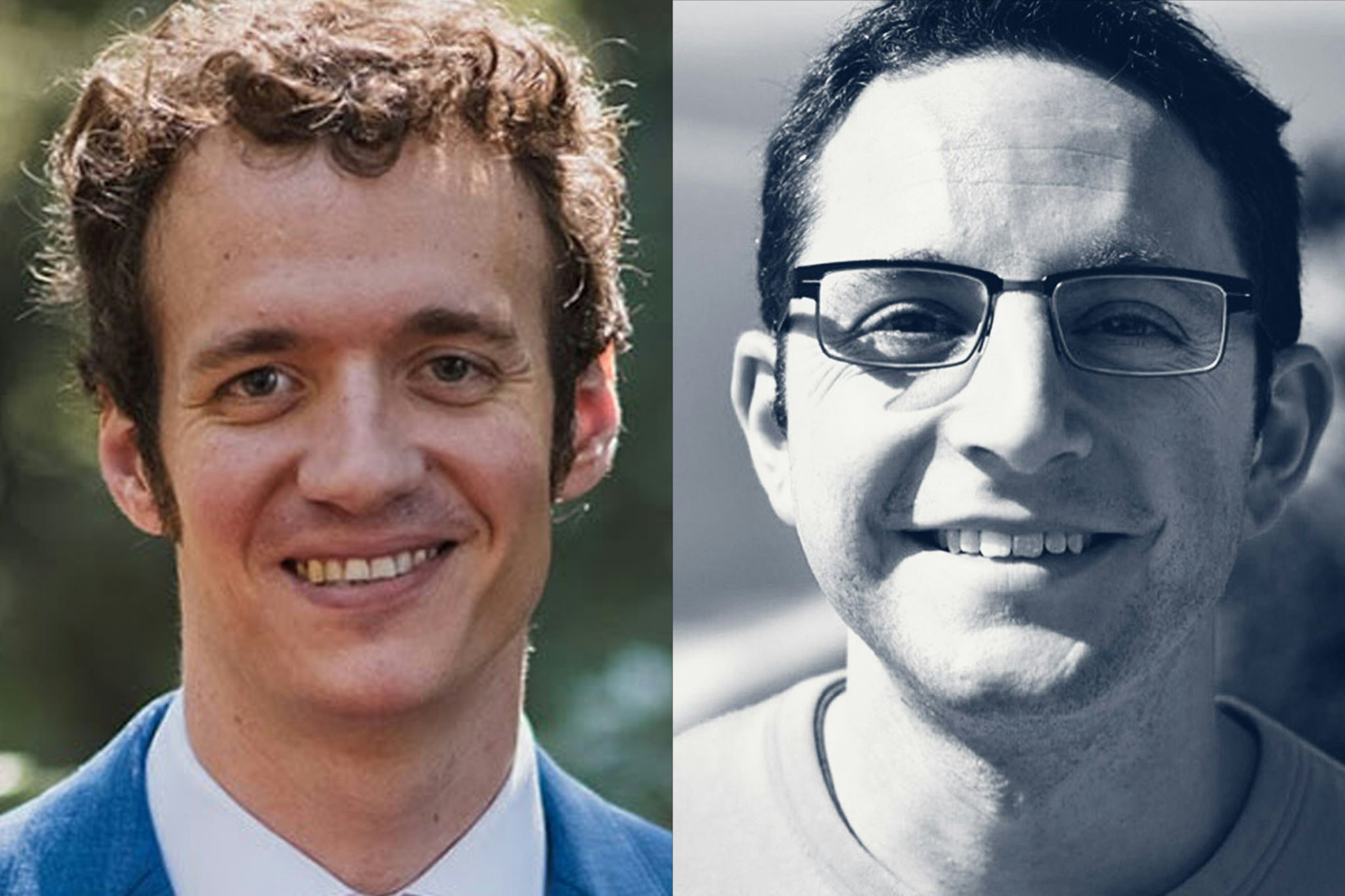Reflections on Blockchain at SOCAP
Can blockchain technology be used for social good and impact? From our perspective, this technology has the power to transform numerous industries and drive unprecedented impact — creating a smarter and more inclusive economy. As we are diving deeper into the blockchain community, it is becoming apparent that impact investors, social entrepreneurs, and impact-minded foundations should play a more active role in the adoption of this emerging technology. A decentralized network, in which no exclusionary force exists, provides the ideal foundation for various social impact applications of the future.
Earlier this year, we began to ask ourselves how we could start to bridge the gap between the blockchain and impact communities. The Social Capital Markets conference (SOCAP) was still in its initial planning phase, so we reached out to get involved.
Going into the conference, we expected a fair amount of interest in our sessions given the prominence of blockchain technology within the investment community. That being said, we were blown away by the enthusiasm from the impact community. Because 2018 was the first year for a blockchain track at the conference, it was difficult for the organizers to forecast session attendance. As a result, most of the Blockchain track was relegated to smaller panel rooms — and nearly all sessions exceeded maximum capacity by a factor of two or more. The crowded conversations were exciting but also exposed a larger reality that many within the impact space are still learning blockchain primitives.
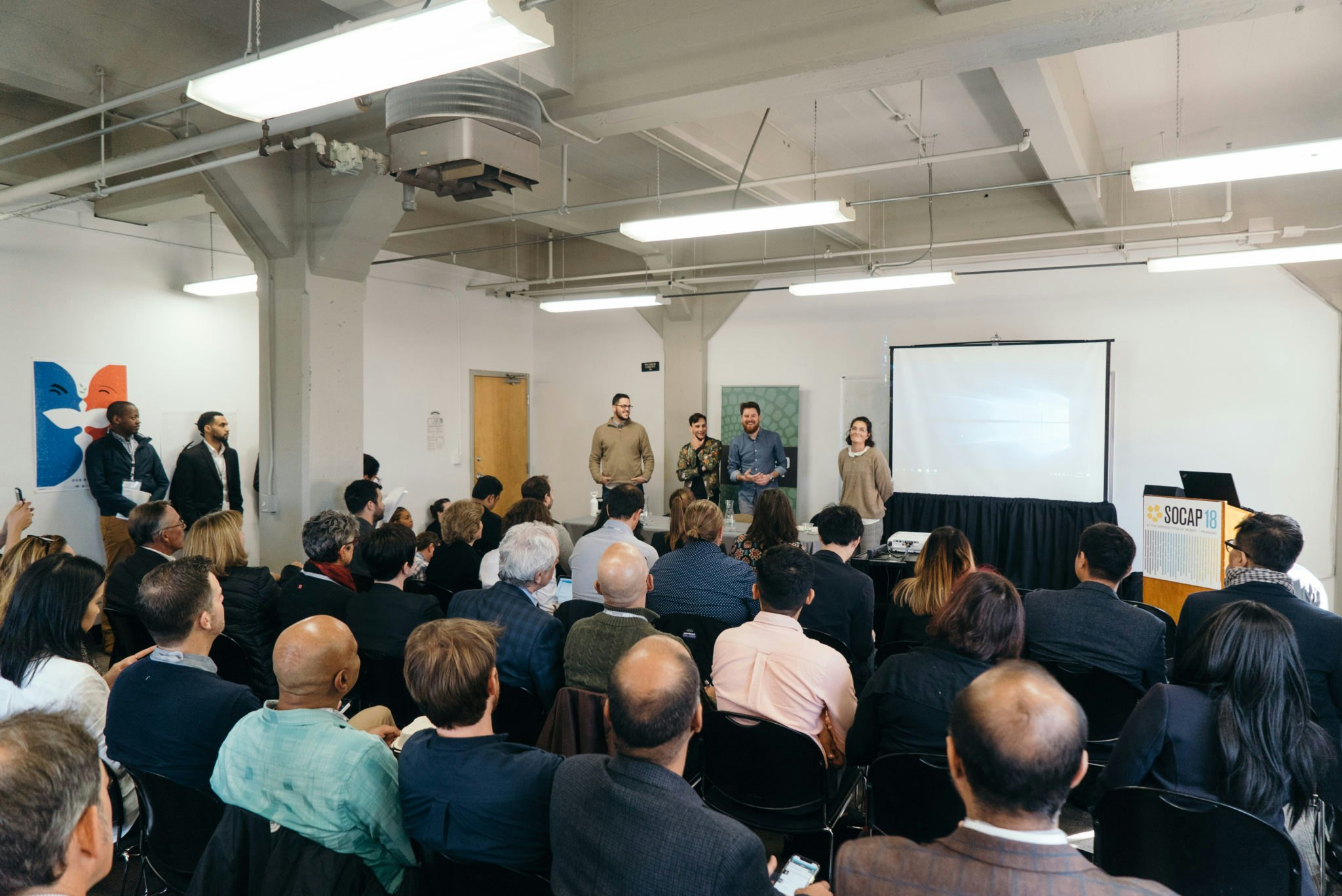
Many people attending the conference expressed interest in applying the technology to their corner of the impact world, but few were able to explain the technology. The gap between interest and understanding pose an expectation problem as blockchain in its current state is not suitable for many of the proposed applications. For example, a blockchain solution for supply chain transparency requires a tremendous amount of investment and coordination amongst potentially thousands of vendors, some of which are located in regions of the world without the requisite infrastructure to maintain an accurate ledger.
Thankfully, our friends at IDEO CoLab led an informative workshop during which several hundred participants were able to gain a better understanding of blockchain technology basics. The group explored ideas built around the new-to-the-world capabilities that the technology enables such as:
- Verifiable histories (provenance and transparency)
- Self-controlled data (identity, assets, etc.)
- Peer-to-peer transactions (and transfer of ownership)
- Automated agreements
- Permissionless markets
During the session, participants were able to bounce their use case ideas off blockchain experts and hear what technological challenges those ideas may face. This hands-on approach was pretty effective and led several people to exclaim “wow, I finally understand what blockchain technology can do!”
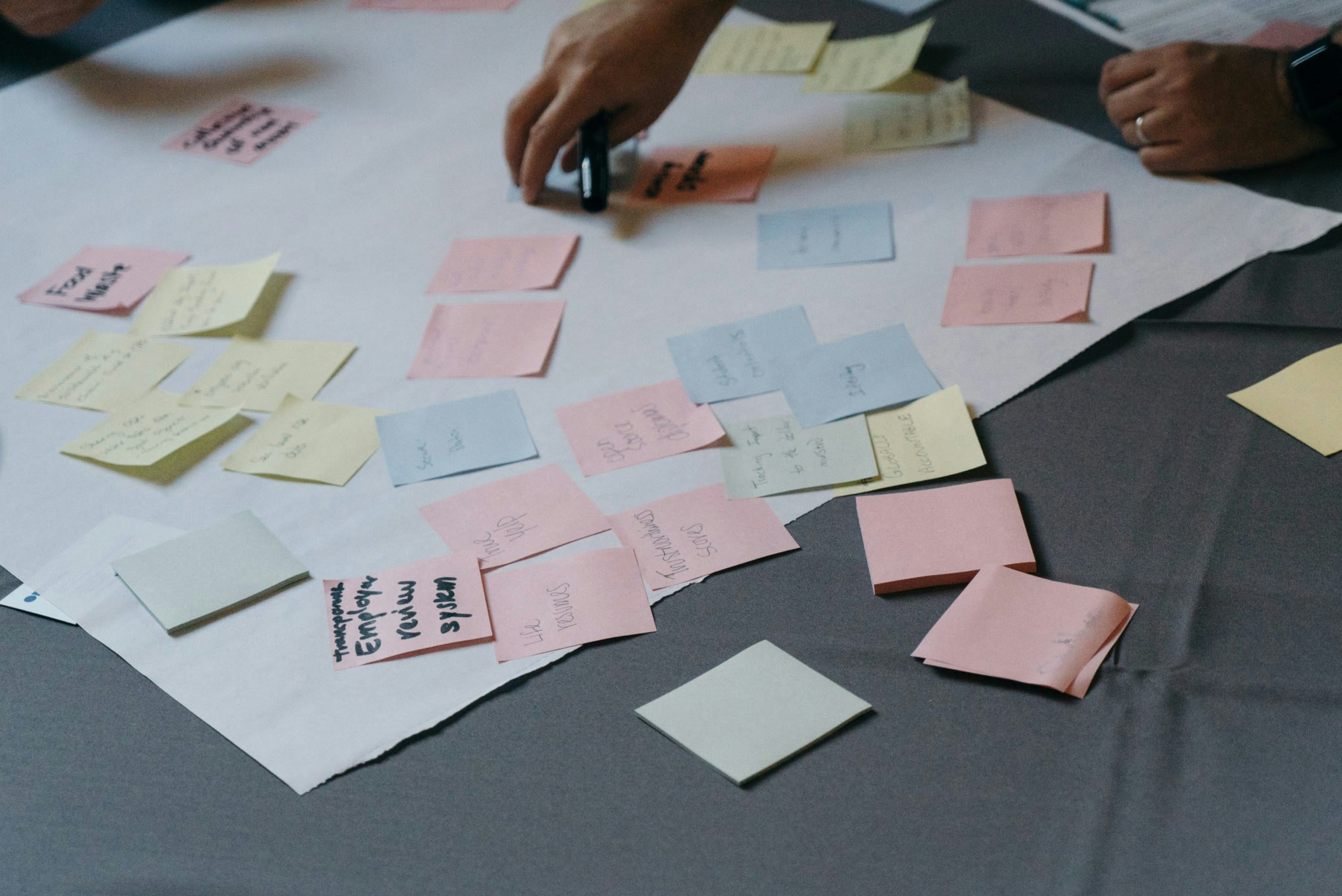
The most exciting “use-case” session was the Blockchain for Financial Inclusion panel, which was stacked with experts from Flexa, Celo, and Kiva. Trevor Filter from Flexa and Tim Moreton from Celo see cryptocurrencies which run on payment systems outside the traditional financial system as a liberating force for the billions of unbanked people around the globe. These payment systems are built to accommodate microtransactions that are too risky and unprofitable for traditional banks.
“Regarding financial inclusion, we find that a lot of the systems used today are stacked against underrepresented people” – Trevor Filter, Flexa
Meanwhile, Aaron Goldsmid spoke on how the nation of Sierra Leone is partnering with Kiva to deploy a national identification system which will provide all citizens with a digital identity, and a wallet with their personal credit history. It’s not hard to see how these innovations come together to create a more inclusive economy.
On this side of SOCAP it’s easier to understand why the disconnect between the blockchain community and the impact community is so pronounced. As each side becomes aware of the other, the educational barriers will drop and collaboration will accelerate. In the meantime, we’d love to see more workshops in which members of the impact community can learn how to apply the transformative innovations made possible by blockchain technology to their respective fields.
